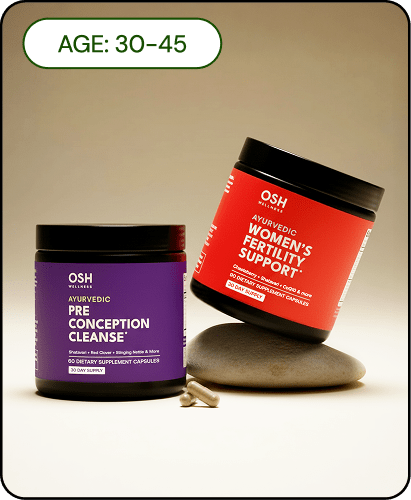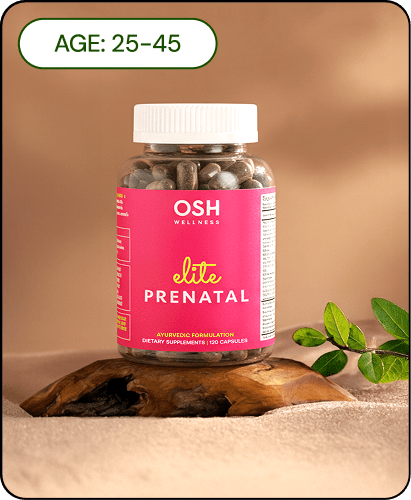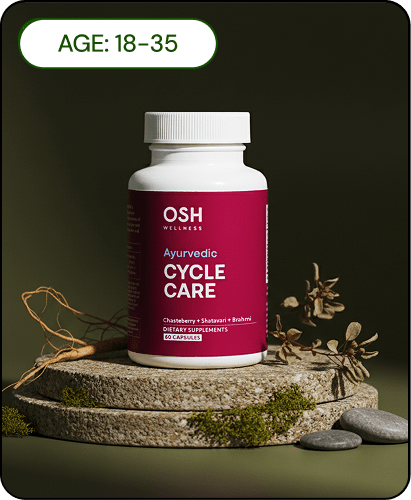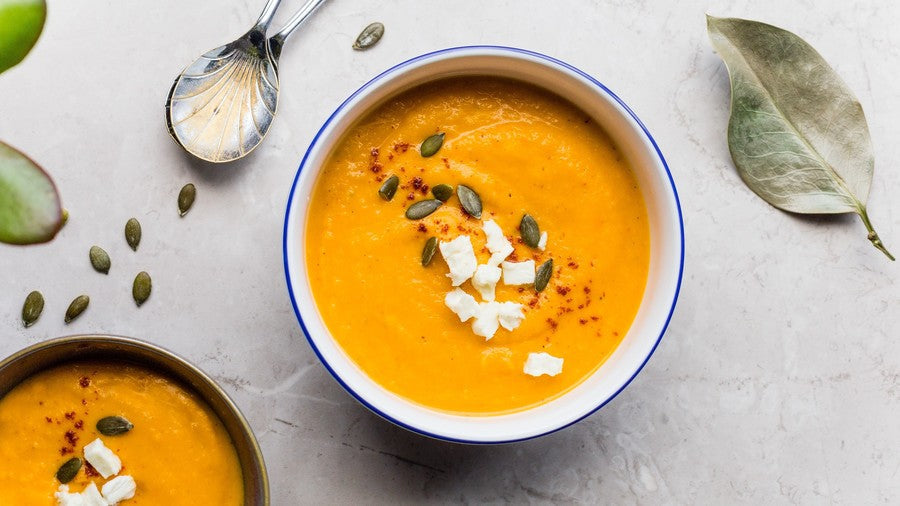Table of content
It would not be an overstatement to call turmeric the king of superfoods. Most of us have probably heard about the miracle root, with golden milk becoming a rage on social media over the last few years.
While some benefits of turmeric have only recently been backed by modern science, this powerful root has been cherished in Indian and Chinese cultures for thousands of years for its medicinal value. Turmeric owes its healing prowess to curcumin a compound with potent antioxidant and anti-inflammatory properties making it a go-to ingredient for smoothies and herbal lattes.
But did you know that the benefits of turmeric extend especially to the postpartum period? Thanks to its natural healing and restorative qualities, turmeric can be a valuable ally during recovery. Let’s get into some specifics.
Benefits of Turmeric
1. An anti-inflammatory wonder
Turmeric is known to reduce inflammation[1], which helps in reducing postpartum pain and soreness. It can also help in preventing clogging of milk ducts by reducing inflammation in breast tissue. Severe inflammation of breast tissue can cause infection and a very painful condition, mastitis. Having a healthy dose of turmeric and curcumin can help moms avoid it.
2. A potent antioxidant
Curcumin is a strong antioxidant[2] which not only attacks free radicals in the body, but also triggers the release of antioxidant enzymes to reestablish the antioxidant/free-radical balance in the body. Free radicals can cause damage to cells and have been linked to dozens of diseases, including arthritis and cancer. Antioxidants can help in protecting a new mother's body from damage and distress, which is already a little weakened from birthing.
3. Reduces stress and boosts brain
Curcumin, apart from helping the brain with its anti-inflammatory and antioxidant properties, can also help in activating hormones that improve brain function and memory (bye-bye 'mommy brain').
Curcumin has also been found to help with stress, anxiety, and depression in some studies[3] due to its anti-inflammatory properties, and helps in regulating hormone levels.
4. An immunity booster
Curcumin is a natural immunomodulating agent[4], which helps in boosting immunity of the body. Turmeric also has anti-bacterial and anti-viral properties and is rich in minerals like zinc and magnesium, which further protect against diseases. A new mother's body also has a weakened immune system, and turmeric can help in restoring immunity naturally.
5. Aids digestion and provides comfort
Turmeric is rich in fiber, promotes secretions of healthy digestive enzymes, and acts as a carminative by eliminating gases in the digestive tract. This can be very beneficial for a new mother with a weakened digestive system.
A warm cup of golden milk or turmeric ginger latte, or a bowl of khichari with turmeric, also goes a long way in providing warmth and comfort to a new mother.
To conclude, although the benefits of wonder-root turmeric are only being scientifically verified now, Ayurveda has been using it for thousands of years as a natural healer. It has been a staple in the kitchens of the Indian subcontinent, especially for new moms who are encouraged to have a glass of milk with turmeric every day during their first 3 months postpartum. With all the benefits it has for new moms, it's never too late to jump on the turmeric bandwagon and start including it in your everyday diet.








